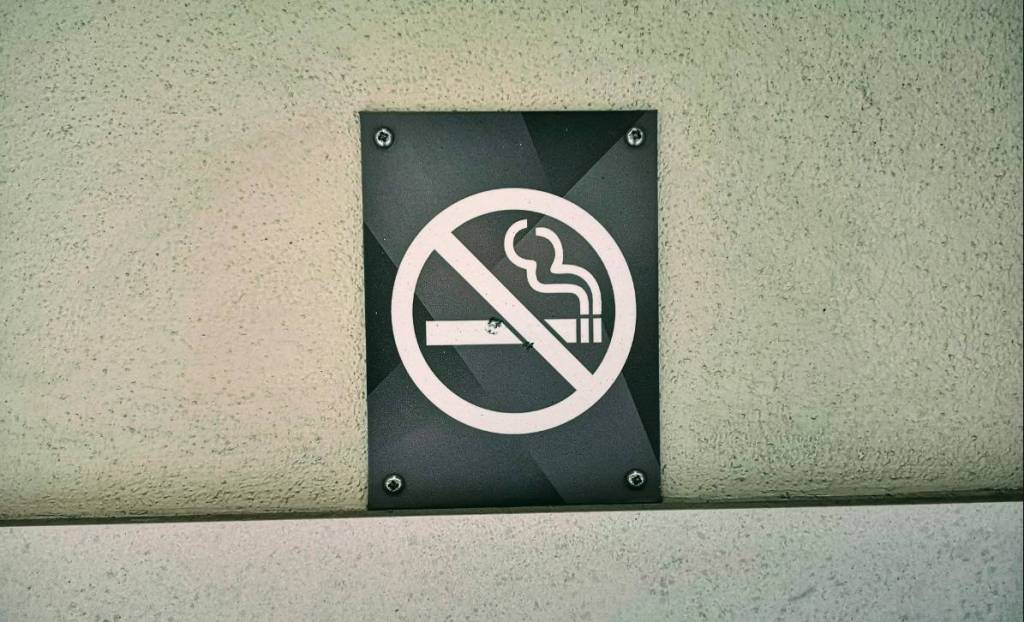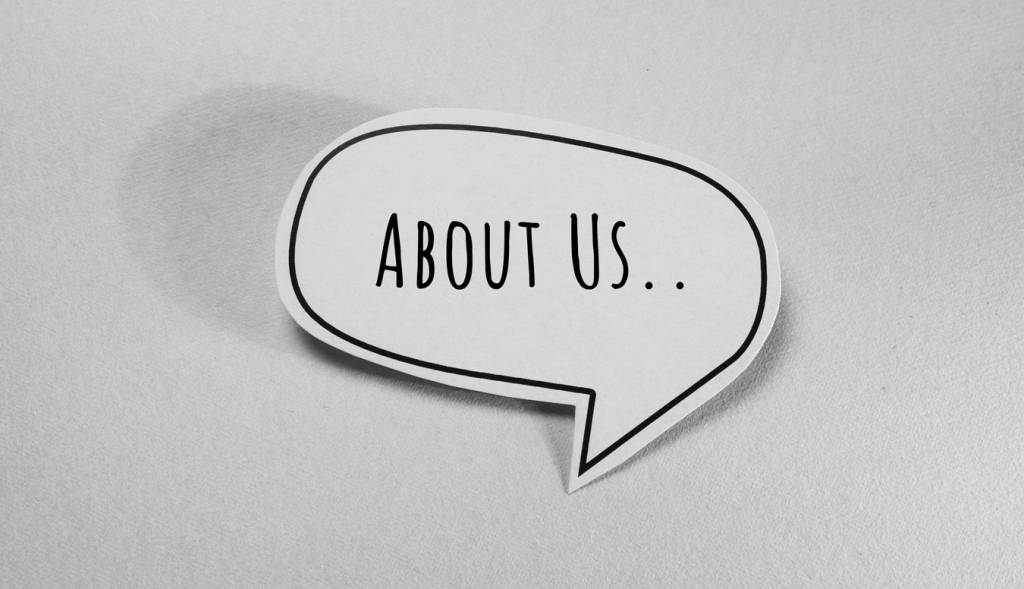 Have you heard this before?
Have you heard this before?
- What happens when you go too fast?
Are you at your best when rushed?
What if you could just slow down?
The idea for “Slow Down to Speed Up” is not new and it’s certainly not my idea. For thousands of years there have been practitioners of this art. The idea has resurfaced in the last few years.
It seems counter intuitive, but there’s a lot of logic and science behind it.
Generally, when someone is rushed they make mistakes. There are ways to counteract the “rushed state of mind” and they are addressed below in the Exceptional Mindfulness section below.
One Option is Mindfulness
Some might think this is kind of a New Age, airy fairy thing but it’s not … it works.
What is Mindfulness?
Mindfulness is a state of active, open attention on the present. When you’re mindful, you observe your thoughts and feelings from a distance, without judging them good or bad. Instead of letting your life pass you by, mindfulness means living in the moment and awakening to experience. via Psychology Today
While practicing mindfulness may not be for you there are a few simple, yet tried and true, techniques for helping you to Slow Down to Speed Up.
And, it’s very easy to get started.
- Seek Clarity – Use the Pareto Principle of 80-20. Where 80% of the time should be focused on inquiry and 20% of the time on execution.
- Live Your Values – As part of the clarity seeking process take the time to make sure that the decisions align with your values – both personally and professionally.
- Ask More Questions (expect hard answers) – As part of the seeking clarity efforts there will be a lot of questions. If using the Pareto Principle there will be 80% more questions than actions. As part of this effort … “Don’t Shoot the Messenger” … meaning expect challenging responses and address them by living your values and seeking clarity.
The time spent up front will help speed things up in the long run. Some might think that the time spent up front is a waste of time. And, sometimes it will be. However, that time spend seeking clarity, asking questions and aligning with your personal and professional values will show. You will stand out in your career for making the time and taking the time now … for the long view benefits later.
Exceptional Mindfulness
How to counter this “rushed” feeling? Train, train, and train some more.
First responders are great examples of people that are often rushed, yet very calm in their demeanor and execution of the task at hand. Why? Because they train for it. They also have a mind (and body) for their chosen line of work … otherwise they would have washed out or otherwise chosen another line of work.
So, the next time you see a first responder – whether it’s a police officer, a firefighter or even an emergency room doctor … thank them. Your tax dollars are hard at work helping them become more mindful.
Strategic Speed is a Function of Leadership
Another example comes from a May 2010 article in the Harvard Business Review. Where they studied 343 businesses for the effectiveness at using speed “strategically” to drive the business forward. The result is a table in the article that shows clear differences between Strategically Fast Companies Vs. Strategically Slow Companies. There are 8 characteristics highlighted that Fast vs. Slow companies exhibit. The conclusion is that Strategic Speed is a function of the leadership team and how they embrace and envision the business.
“Teams that become comfortable taking time to get things right, rather than plow ahead full bore, are more successful in meeting their business objectives.” via HBR
And, of course, there is the seminal book “Thinking, Fast and Slow” by the Nobel prize winning psychologist and author Daniel Kahneman. Where he shows the reader about the facts and fallacies System 1 and System 2 in the brain can lead us into when making decisions. He highlights a few areas where our brains can lead us down the wrong path and into conclusions that may not be the best in the long run. The key takeaway for me is that by consciously Slowing Down can lead to actively Speeding Up.
What do you think?
- Have you found yourself slowing down to speed up?
- Have you worked in an environment like this?
- How did it work out?
Add your thoughts and ideas here and we’ll see if we can get a dialogue going. Together we can slow down to speed up. When we do it right we all come out the better for it.













